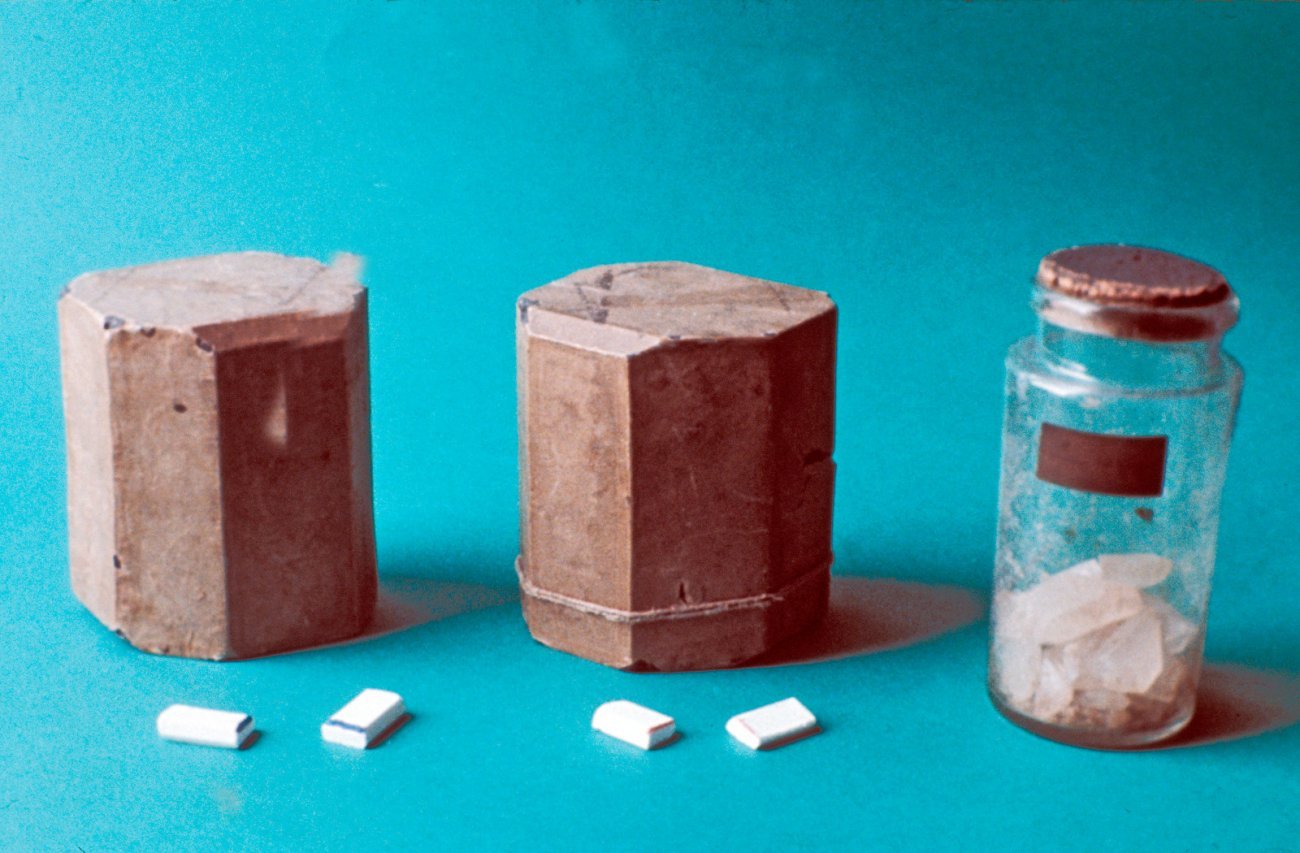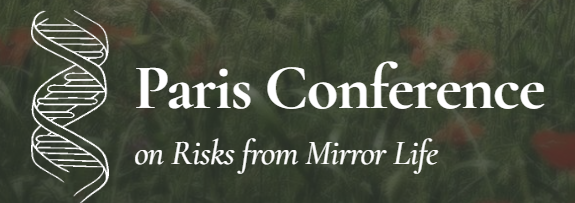The Institut Pasteur will host an international conference on June 12-13, 2025 addressing the potentially unprecedented risks of mirror life, organized in partnership with the Mirror Biology Dialogues Fund. The conference marks the first in a series of global meetings planned throughout 2025 and 2026 to explore pathways for research and policy to mitigate the potential risks of mirror life.
The conference's opening symposium on June 12, focused on evaluating the current scientific understanding of these risks, will be livestreamed here for public viewing.
Answering a call for global dialogue
In December 2024, an interdisciplinary group of 38 researchers from France, Brazil, China, Germany, India, Japan, Singapore, the U.K., and the U.S., published a paper in Science, accompanied by a detailed Technical Report, warning that mirror bacteria could pose unprecedented risks to humans, non-human animals, plants, and ecosystems. The group—including many researchers who previously pursued the creation of mirror bacteria—argue that mirror life should not be built, a position that has met with broad agreement from the scientific community.
While mirror life likely could not be built for at least a decade, early identification of the potential risks provides an opportunity for an inclusive discussion to develop appropriate governance that preserves existing barriers to creating mirror life.
About the conference host
The Institut Pasteur was founded by Louis Pasteur, who first identified the importance of molecular chirality in biology—discovering that most biomolecules exist in just one of two possible mirror-image forms. As a young chemist in 1847, fresh from Paris's École Normale Supérieure, Pasteur investigated why two seemingly identical substances—sodium ammonium paratartrate and tartrate—affected polarized light differently. He discovered these molecules were mirror images—structurally distinct, but fundamentally related, like left and right hands. Pasteur's hand-drawn crystals marked the beginning of our understanding of chirality's importance for life.

The modern Institut builds on Pasteur’s humanist ideals and legacy of scientific inquiry. It is home to deep expertise in microbiology and immunology and has a long history of public engagement and contribution to societal issues, underpinned by a strong commitment to research integrity, responsible and ethical science, and building public trust as detailed in the Pasteur 2030 Strategic Plan.
About the meeting

The event will include an expert-led public symposium examining potential risks from mirror life, which will be livestreamed for the public. There will also be a series of focused, by-invitation stakeholder workshops, bringing together a diverse set of expertise including biologists, policymakers, legal experts, ethicists, and social scientists to address outstanding questions and begin identifying frameworks for risk mitigation.
The conference is organized in partnership with the Mirror Biology Dialogues Fund. Established in collaboration with the co-authors of the 2024 Science paper, the Mirror Biology Dialogues Fund helps organize events to advance global discussion about the risks from mirror life. It is guided by an Advisory Committee of senior international academics, including Professor Yasmine Belkaid, a leading immunologist and President of the Institut Pasteur.
A summary of proceedings for the conference will be shared later this year, and similar events will be held at other international research institutions including at the University of Manchester and the National University of Singapore over 2025 and 2026.
Registration information
Registration for the livestream of the public seminar can be accessed here.
For more information, please visit





